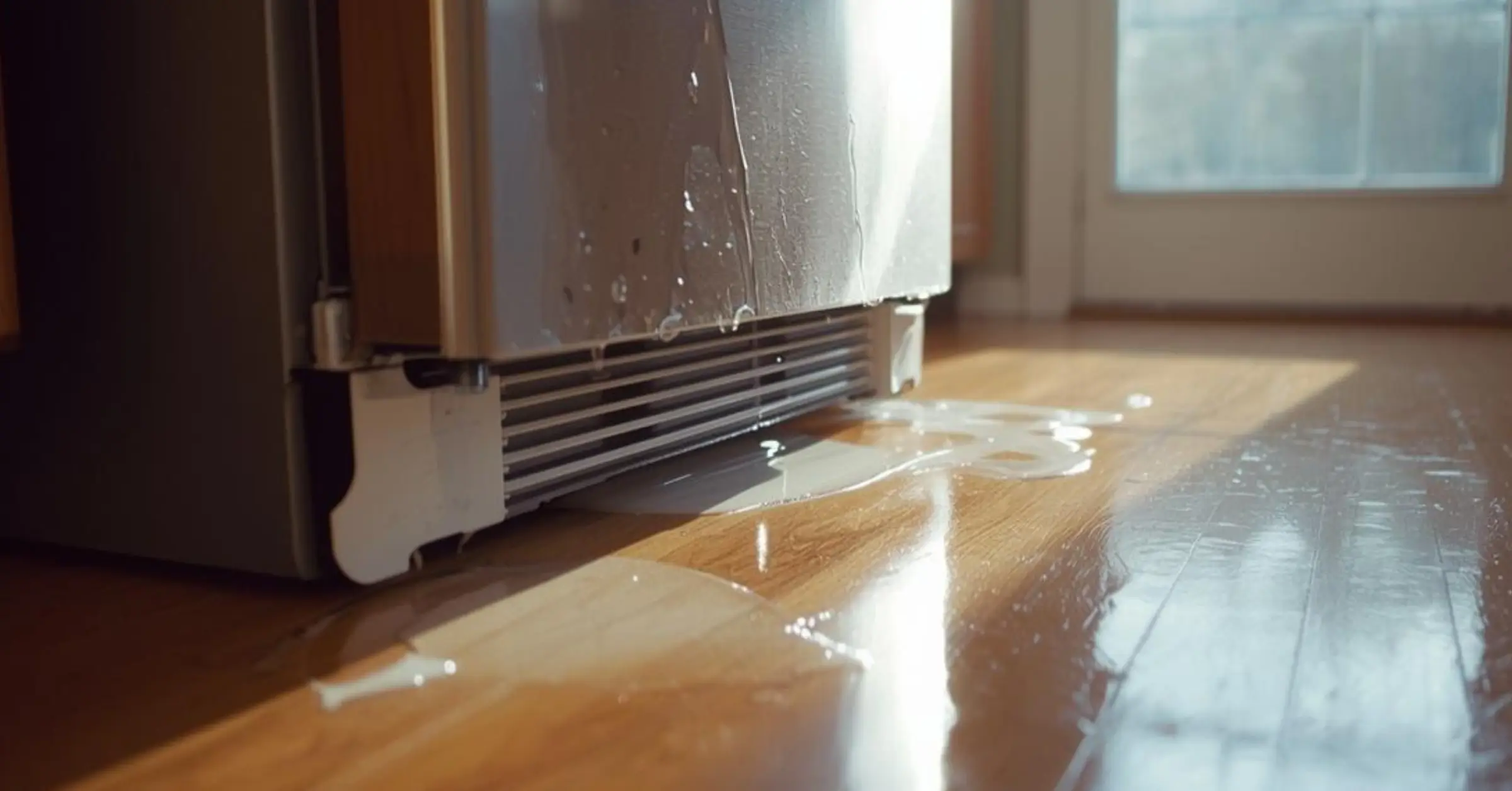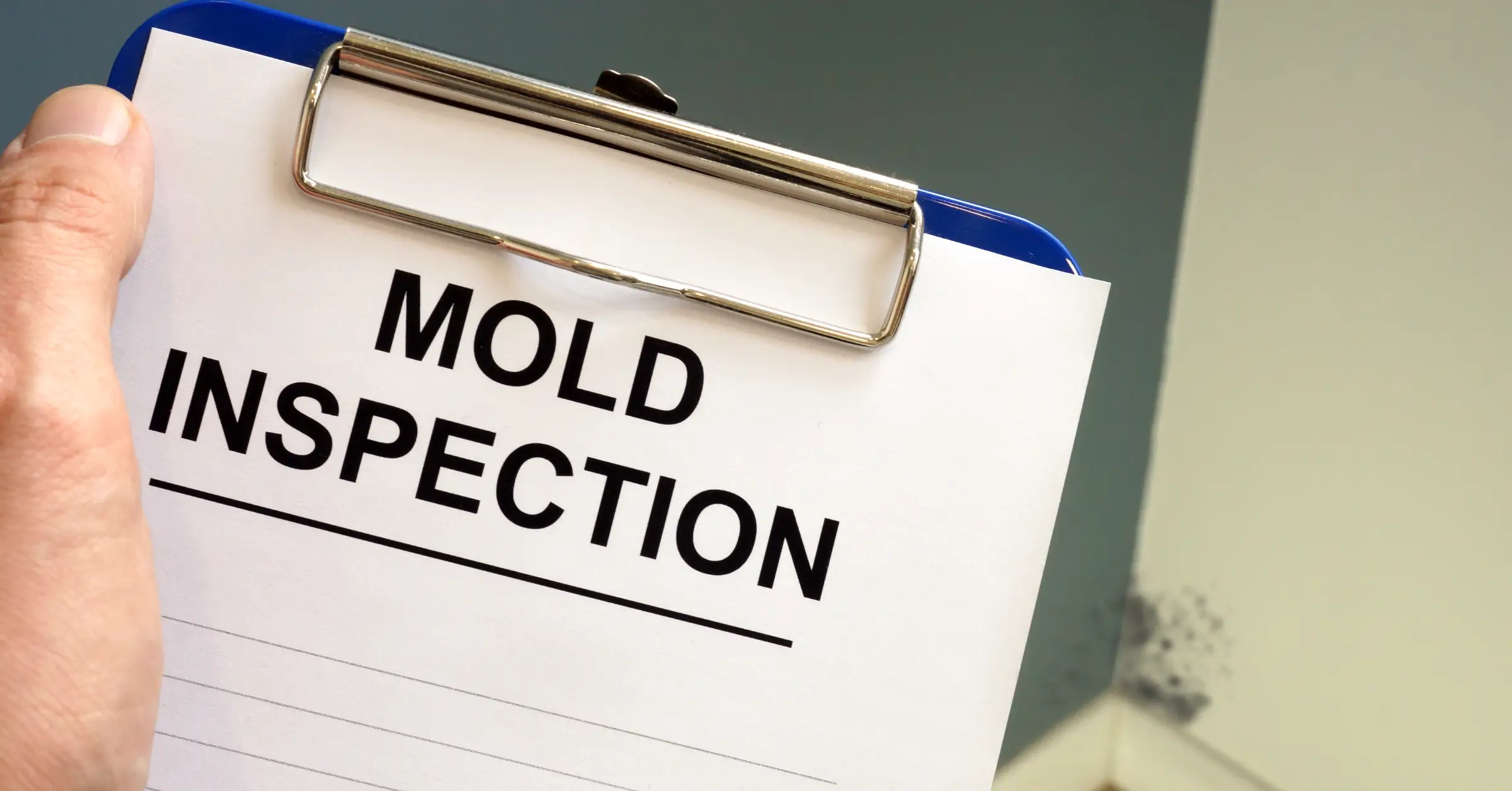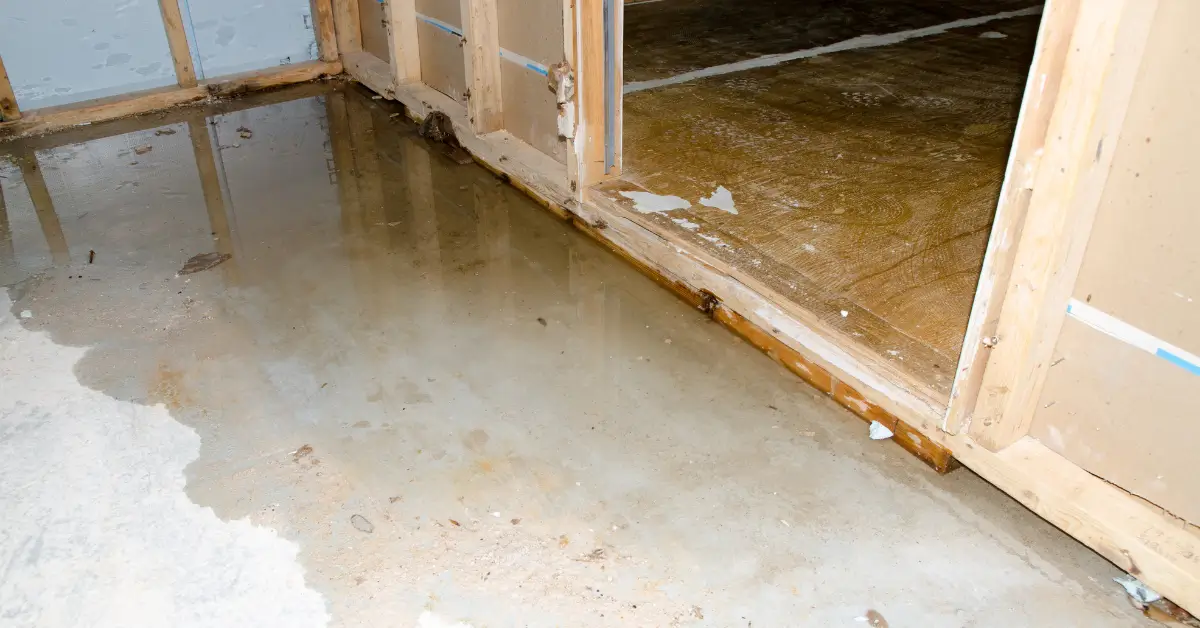When sewage backup happens in your rental home, you need answers fast. The big question most renters ask is: how long does a landlord have to fix sewage backup? This messy problem can make your home unsafe and unhealthy. Understanding your rights as a tenant helps you know what to expect and when to take action.
Sewage backup is not just gross – it’s dangerous. Raw sewage contains harmful bacteria and viruses that can make you sick. When this happens, landlords must act quickly to keep their tenants safe. But exactly how long does a landlord have to fix sewage backup problems? The answer depends on several important factors.
1. Emergency Repairs Usually Get Priority Treatment
Most states treat sewage backup as an emergency repair issue. This means landlords typically have much less time to fix the problem than they would for regular maintenance. According to HUD guidelines, tenants have the right to live in decent, safe, and sanitary housing that is free from environmental hazards.
When you’re wondering how long does a landlord have to fix sewage backup, the general rule is between 24 to 72 hours for urgent issues. Some states require immediate action once the landlord knows about the problem. This quick response time exists because sewage backup creates serious health risks.
The exact timeframe varies by location. For example, Texas law requires immediate repair for sewage backup situations. California landlords must arrange repairs “as soon as possible” when plumbing doesn’t work properly. Your local laws might be even stricter than state rules.
2. The Warranty of Habitability Protects Tenants
Every rental property comes with something called the “warranty of habitability.” This legal rule means landlords must keep rental homes safe and livable. Working plumbing systems are a key part of this promise. When sewage backup occurs, it usually breaks this warranty.
Professional sewage cleanup services understand how serious these situations can be. The warranty of habitability covers basic needs like working toilets, proper drainage, and safe waste disposal. If your landlord doesn’t fix sewage backup quickly, they’re not meeting their legal duties.
This protection applies in all 50 states, though the specific rules differ. Some states are more detailed about what landlords must do and when. The important thing to remember is that you have legal rights when sewage backup makes your home unsafe or unlivable.
3. Severity Affects Response Time Requirements
Not all sewage problems are exactly the same. The severity of the backup affects how long does a landlord have to fix sewage backup issues. A small backup in one toilet might get a different timeline than raw sewage flooding throughout your home.
Major sewage backups that make your home unlivable require immediate attention. These situations often need professional water damage restoration and emergency cleanup services. If you can’t safely stay in your home because of sewage contamination, landlords must act right away.
Smaller backups might get a slightly longer repair window, but still much less than regular maintenance. Even minor sewage issues pose health risks and can quickly become bigger problems. Smart landlords don’t wait – they call professionals immediately to prevent worse damage.
4. State and Local Laws Set Specific Deadlines
The question of how long does a landlord have to fix sewage backup gets complicated because laws vary by location. Federal guidelines provide basic protections, but state and local rules often give more specific timeframes and requirements.
Some places classify repairs by urgency levels. Critical repairs like sewage backup typically get 3-7 days maximum, while non-critical issues might get 30 days. Many local health departments consider sewage backup a health code violation that needs immediate fixing.
California requires landlords to fix plumbing problems “as soon as possible.” New York City has different violation classes with specific repair deadlines. Texas presumes 7 days is reasonable for health and safety issues, but sewage backup often needs faster action. Check your local housing authority or tenant rights organization for specific rules in your area.
5. What You Can Do If Your Landlord Delays
If your landlord doesn’t fix sewage backup quickly enough, you have several options. First, document everything. Take photos of the damage and keep records of all communications with your landlord. This evidence helps if you need to take legal action later.
Contact your local health department to report the problem. They can inspect your rental and issue violations if needed. Many cities have housing code enforcement that can pressure landlords to make repairs. Professional restoration companies like A/S General Contracting can help assess damage and provide official reports.
In some states, you can arrange repairs yourself and deduct the cost from your rent. This “repair and deduct” option has strict rules about notification and cost limits. You might also be able to withhold rent until repairs are completed, though this carries risks and requires following specific legal procedures.
Understanding Emergency Response Requirements
When asking how long does a landlord have to fix sewage backup, it’s important to understand what constitutes an emergency. Sewage backup almost always qualifies as an emergency because it creates immediate health hazards. Raw sewage contains dangerous bacteria, viruses, and parasites that can cause serious illness.
Emergency repairs typically require action within 24-48 hours, not the usual 30-day window for regular maintenance. If sewage backup makes your bathroom unusable or threatens your safety, landlords can’t wait for convenient business hours. Many areas require landlords to have 24-hour emergency contacts for exactly these situations.
Professional water damage repair specialists understand the urgency of sewage cleanup. They know that delays can lead to mold growth, structural damage, and serious health problems. Quick response protects both tenants and property owners from bigger problems.
Health Risks Make Speed Essential
The reason laws require fast action on sewage backup is simple: health risks are serious and immediate. Raw sewage exposure can cause stomach problems, respiratory issues, skin infections, and other illnesses. Children, elderly people, and those with health conditions face even greater risks.
Sewage backup also creates perfect conditions for dangerous black mold growth. Mold can start growing within 24-48 hours in wet conditions. Once mold takes hold, cleanup becomes much more expensive and complicated. Quick sewage cleanup prevents these secondary problems.
Smart tenants don’t wait around hoping things will improve. If sewage backup occurs, leave the affected area immediately and notify your landlord right away. Don’t try to clean raw sewage yourself – this requires professional equipment and training to do safely.
Insurance and Professional Cleanup Considerations
Many landlords try to delay sewage cleanup because of cost concerns. However, waiting usually makes problems worse and more expensive. Professional sewage cleanup might seem costly, but it’s much cheaper than dealing with mold, structural damage, or tenant lawsuits later.
Most property insurance policies cover sudden sewage backups, especially when caused by pipe blockages or system failures. Insurance companies prefer quick professional cleanup because it minimizes damage and costs. Experienced contractors can work directly with insurance companies to streamline the process.
Professional restoration companies provide proper documentation for insurance claims and legal purposes. They have specialized equipment for safe sewage removal, disinfection, and drying. This documentation becomes important if disputes arise about repair quality or timelines.
Prevention Helps Avoid Future Problems
While knowing how long does a landlord have to fix sewage backup is important, prevention is even better. Regular plumbing maintenance can catch problems before they become emergencies. Smart landlords schedule annual drain cleaning and pipe inspections to prevent backups.
Tree root intrusion is a common cause of sewer line problems. Professional plumbers can identify and address root issues before they cause major backups. Properties in older neighborhoods or areas with large trees face higher risks and need more frequent inspections.
Tenant education also helps prevent some sewage problems. Teaching renters what not to flush or pour down drains reduces the chance of blockages. However, landlords remain responsible for system maintenance and repairs regardless of tenant behavior in most cases.
When to Seek Legal Help
If your landlord repeatedly ignores sewage problems or takes too long to fix them, you might need legal assistance. Tenant rights attorneys can help you understand local laws and options. Many cities have free legal aid clinics that help renters with landlord disputes.
Document everything before seeking legal help. Save photos, repair estimates, medical bills if you got sick, and all communications with your landlord. Professional damage assessments from qualified contractors strengthen your case if legal action becomes necessary.
Remember that landlord-tenant law varies significantly by location. What works in California might not apply in Texas or Florida. Local tenant rights organizations often provide free resources and advice specific to your area’s laws and procedures.
Professional Help When You Need It Most
Sewage backup creates stressful situations that require fast, professional response. Understanding how long does a landlord have to fix sewage backup helps you know when to push for action and when to consider other options. The key is acting quickly to protect your health and safety.
Professional restoration companies understand the urgency of sewage cleanup and can respond 24/7 to emergencies. They have the equipment, training, and experience to handle dangerous sewage safely. Quick professional cleanup protects everyone involved and minimizes long-term damage.
If you’re dealing with sewage backup in your rental property, don’t wait for your landlord to act. Contact professional help immediately to assess the situation and protect your health. Experienced contractors can also provide documentation that helps resolve disputes with unresponsive landlords.
Remember, your safety comes first. When sewage backup threatens your health or makes your home unlivable, you have rights and options. Understanding these rights helps you take appropriate action to protect yourself and your family while ensuring landlords meet their legal obligations.


